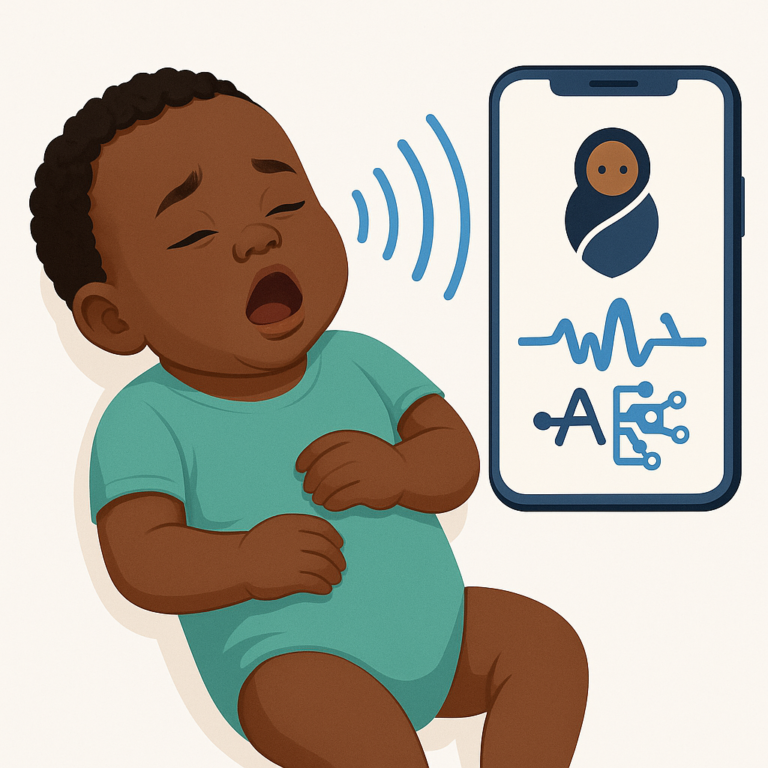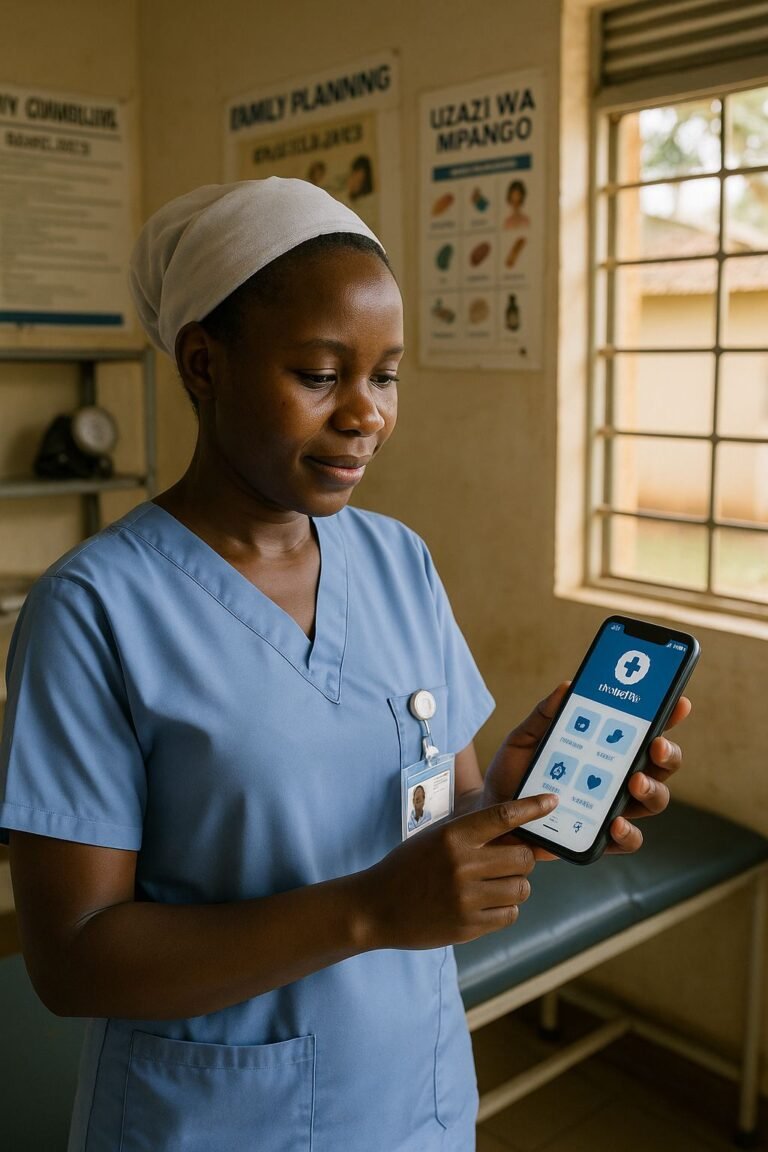Africa faces several healthcare challenges that can be tackled with innovative, affordable, and accessible healthcare solutions. Frugal innovation is a promising method that can help address these long-standing healthcare challenges.
“We can do things differently, and we can do different things… Innovation is not only the most sophisticated technologies, sometimes it’s the simplest of things.” – António Guterres(United Nations Secretary-General)
Frugal innovation is a term used to describe the creation of low-cost products, services, methods, and designs that are specifically designed for or emerge from an underserved population or market, commonly referred to as the bottom of the pyramid.
For an innovation to be considered frugal and appropriate for addressing Africa’s unique healthcare needs, it should have the following five features:
- Rugged and adaptable design to withstand harsh physical environments, such as extreme heat, moisture, and pests.
- Affordable and cost-effective
- Human-centric: easy to operate with little or no prior skills.
- Simplicity: Has minimal and essential functions without compromising performance
- Requires less connectivity and power to function.
Why is frugal innovation important for healthcare in Africa?
Firstly, the average GDP per capita in Africa is approximately $2,150, which is considerably lower than Europe’s $34,150. As many African countries have limited financial resources, infrastructure, and skilled healthcare professionals, frugal innovation is crucial for healthcare on the continent. Fortunately, frugal innovation can turn these limitations into opportunities for developing cost-effective and efficient healthcare solutions. By prioritising simplicity and affordability, frugal healthcare innovations can be implemented with minimal resources, making them accessible to a larger population.
Secondly, Africa is a young continent with a median age of about 19 years and varying disease patterns. The continent faces protracted challenges in combating infectious diseases such as malaria, HIV/AIDS, and tuberculosis. Frugal innovation allows for the tailoring of healthcare solutions to meet the specific needs of these diverse populations. It can also play a pivotal role in developing affordable diagnostics, treatments, and preventive measures for these diseases. For instance, innovations like point-of-care testing kits and community-based awareness programmes can significantly contribute to controlling and preventing the spread of infectious diseases.
Thirdly, accessing healthcare in Africa is challenging due to physical and socioeconomic barriers. A significant proportion of Africa’s population lives in rural areas, where access to healthcare facilities is often limited. However, frugal innovations such as community-based healthcare delivery, task shifting, and low-cost medical devices like Point of Care Ultrasound can help bridge the gap between rural communities and healthcare services. These innovations not only bring healthcare closer to those in need but also enhance preventive care and early diagnosis.
Finally, frugal innovations are inherently designed to be scalable and sustainable. This scalability is crucial for addressing the vast and diverse healthcare needs across Africa. Whether it’s a low-cost diagnostic tool, a community-based health initiative, or a simplified treatment protocol, frugal innovations can be adapted and implemented across different regions, maximising their impact on a continental scale.
Source : The Future of Healthcare





17 Responses
Jollibet is definitely adding some joy to my gaming sessions. Their bonuses are pretty sweet, and I’ve found some new favorite games I never would have tried otherwise. A solid choice if you’re looking for something fresh. Try your luck now: jollibet
AH88APP, the REAL deal! Finally a decent app that lets me get my game on while I’m waiting in line. No lag, smooth gameplay on my phone. Worth checking out if you’re tired of desktop. ah88app
Superlg! Let see what they’re offering and if it lives up to the name! Is it Super like the name? Visit it here: superlg
Okay, swete99 is kinda lowkey, but I fuck with it. It’s got this simple appeal that’s oddly addicting. Plus not a lot of adds which is a major win in my book.
If you’re looking for a quick game to hop on, check out taya999com. Doesn’t take too long or anything to get into it.
SA88bet, yeah I’ve played there. Decent odds and a reliable platform. Nothing groundbreaking, but solid. Give it a try: sa88bet.
I’ve heard some good things about 32bet1. Might have to check out their selection of games. See for yourself: 32bet1
Yo, looking for something new? 32win03 could be your next go-to spot. Give it a peek: 32win03
Yo, I tried out pkr333 the other night. It’s pretty cool, if you’re into that kind of game. Good way to spend an evening if you ask me. Try it out: pkr333
Alright folks, I gave pkr555game a whirl and it’s not bad at all. The games are smooth and the bonuses are decent. Check out pkr555game if you’re looking for some fun!
Hey guys, tried plataforma777game the other day. It’s got a pretty solid selection of games and seems legit. Give plataforma777game a shot, you might like it.
Heard rumors about the new vn123 phiên bản mới. Turns out they’re true! Snagged it from this site. Worth the upgrade: vn123 phiên bản mới
Looking to ‘nạp tiền qh88 qh88.vet’? Sssgames7.com might be where you need to go. Good luck playing! Access directly via: nạp tiền qh88 qh88.vet
Flames Online is where I’ve been spending some free time lately. It’s pretty fun and reliable. Worth checking out if you’re into online gaming! Take a look here: flames online
Betchido, ¿qué onda? Probé este sitio y no me decepcionó. Tienen apuestas deportivas para todos los gustos, y los momios están bastante competitivos. Si buscan un lugar para apostar, denle una oportunidad. betchido
Luckypkr666? Sign me up! Hope the name lives up to its promise. Good luck to us all on luckypkr666!
Alright, so I stumbled upon ph363login – seems legit. Navigating it wasn’t too bad, pretty straightforward. Hope it keeps things smooth. Check it out here: ph363login